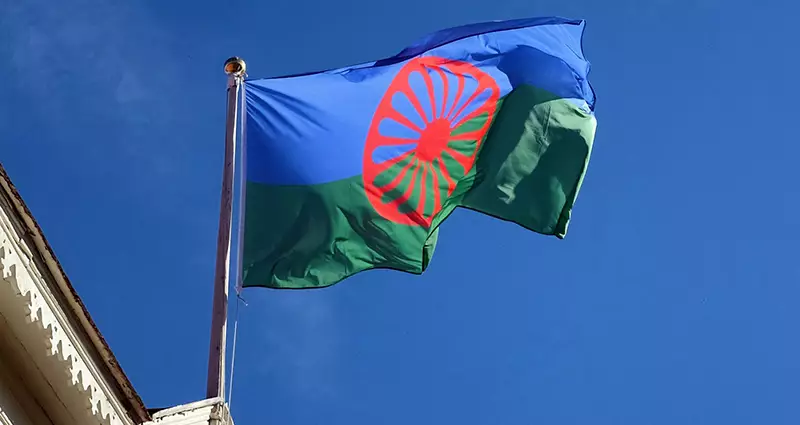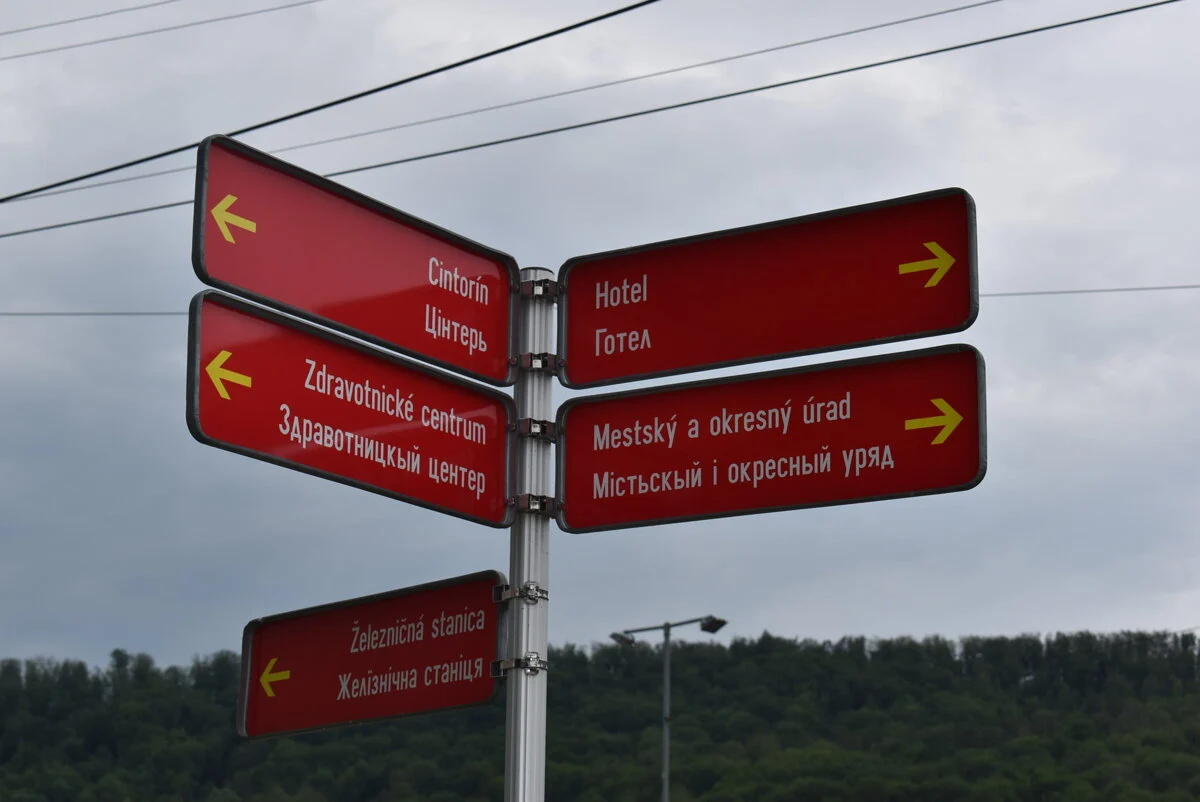Živorad Ajdačić, a Serbian politician, said in a statement at the session of the Committee for Culture and Information of the National Assembly of the Republic of Serbia held on January 23, 2025 questionned whether it is possible for us to have a program in the Romani language and at 7 p.m.?
Opre Roma says that “this statement represents an unacceptable act of belittling the Romani language and culture, as well as open disrespect for the Romani community, which has been an integral part of Serbian society for centuries.
- Opre Roma: U Narodnoj skupštini se ne poštuju manjine. In: Vreme. 25.01.2025., https://vreme.com/drustvo/opre-roma-u-narodnoj-skupstini-se-ne-postuju-manjine/


